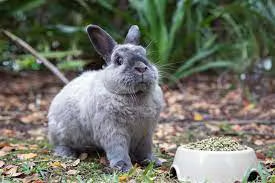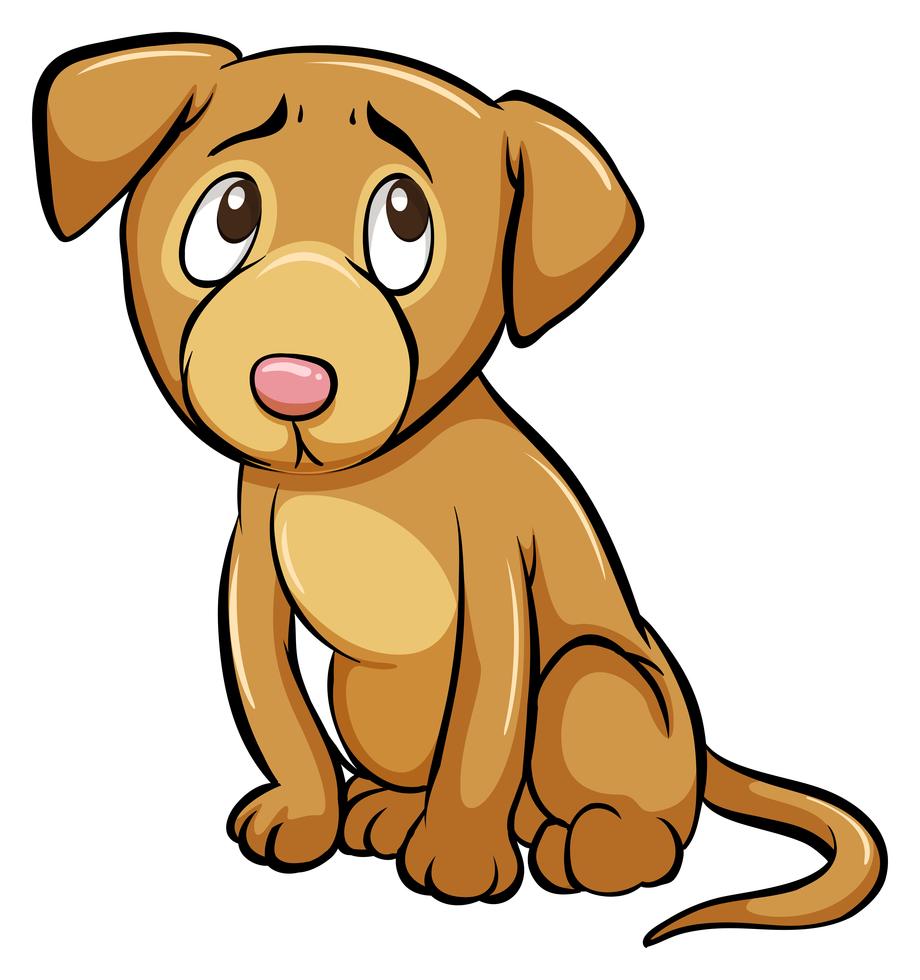Loss of Appetite in Pet Rabbits: When to Worry and What to Do

Author: Vejay Anand
Rabbits are known for their perpetual nibbling on anything they can find. Therefore, when a rabbit suddenly loses its appetite, it's a cause for concern. While it might not seem like a big issue if your dog or cat skips a meal, it could indicate a severe problem for a rabbit. Though a visit to the vet is essential in such cases, there are some initial steps you can take to help your furry friend feel better.
Understanding the Reasons Behind Appetite Loss in Rabbits
The most common cause of appetite loss in rabbits is a gastrointestinal condition known as ileus. Ileus occurs when the regular contractions in the intestines, responsible for moving food through the digestive system, slow down or cease entirely. It is a highly perilous condition for rabbits and can lead to fatal consequences if not promptly addressed.
Ileus often results from an underlying issue, including:
- Abscesses in or around the body
- Overgrown teeth
- Dental disease
- Neurological diseases like E. cuniculi
- Intestinal parasites
- External parasites (such as lice and fleas)
- Osteoarthritis or joint disease
- Environmental changes and stress
- Urinary tract disease
- Organ failure or disease
- Infectious diseases
- Insufficient fiber intake
- Upper respiratory tract disease
- Tumors
- Poisoning and exposure to toxins
When your rabbit stops eating, it's essential to examine them for clear signs of ileus, such as:
- Overgrown incisors (front teeth), which are visible by gently lifting your rabbit's lips
- Palpable lumps or masses that may indicate tumors or abscesses
- Unusual nasal or eye discharge
- Constant wiping of the face with front paws, leading to dirty front legs from nasal discharge
- Using a mirror to check if both of your rabbit's nostrils are clear and producing condensation
Sometimes, the changes in a rabbit's eating habits can be more subtle. Look for these signs:
- Reduced or absent fecal output
- Changes in the size and texture of feces (e.g., sticky, watery, hard)
- Refusal to eat favorite treats
- Weight loss (use a baby scale to monitor)
- Leftover uneaten food
- Decreased activity
- Reduced water consumption
- Teeth grinding (bruxism)
Initial Steps and Home Remedies
If there are no signs of ileus, consider any recent environmental changes that might have stressed your rabbit. Correct these changes and observe if your rabbit shows interest in a treat or food.
You can try some home remedies in the first few hours after noticing your rabbit's loss of appetite. However, rabbits that have not eaten for even a day are life-threatening and require immediate veterinary care. Do not delay, and call your vet while you attempt home remedies.
- Begin with mixed-vegetable baby food and use a syringe to force-feed your rabbit to stimulate its gastrointestinal tract gently. Prolonged fasting can lead to the buildup of painful gas in the intestines due to reduced or halted peristalsis.
- After force-feeding, encourage your rabbit to exercise and gently massage its belly to stimulate gut motility—the muscular contractions necessary for proper digestion.
- Ensure your rabbit receives extra hydration. Provide both a clean water bowl and a water bottle for drinking. You can also use a syringe to offer water or an electrolyte solution, such as unflavored Pedialyte until your rabbit resumes normal defecation.
- If your rabbit is still eating small amounts, offer greens with high water content, such as lettuce and celery, and ensure they have an ample supply of hay. Avoid feeding pellets during this period.
If your rabbit continues to refuse food, contact your veterinarian without delay.

